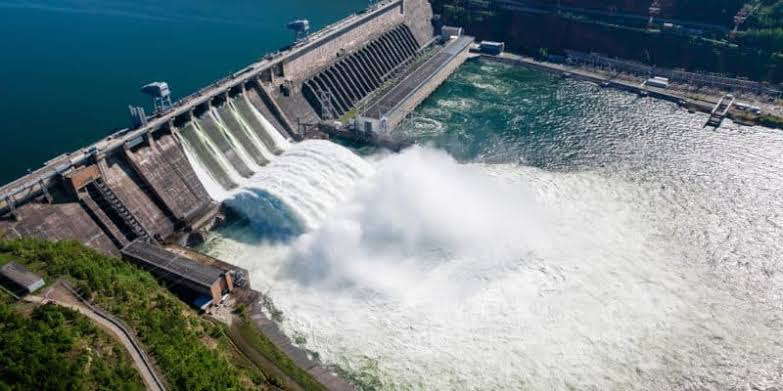Senior representatives from Africa’s energy industry gathered this week in Abuja, Nigeria, for the HydroPOWER Africa week, which was organized by the International Hydropower Association (IHA). The event’s main goal is to accelerate the spread of hydropower throughout the continent, which is still lagging behind due to a number of obstacles, despite encouraging growth in installations.
On May 15, at a company roundtable, the focus was on ways to quicken the growth of hydropower, with a particular emphasis on increased international cooperation and funding. The World Hydropower Outlook report, scheduled for official release on June 12, was featured by the IHA. An exclusive look at the Africa sector was provided, showing that in 2023 the continent installed 2 gigawatts (GW) of hydropower, nearly doubling its capacity.
Nigeria contributed 740 megawatts (MW), Uganda added 408.2 MW, the Democratic Republic of the Congo added 381.7 MW, and Tanzania installed 261.7 MW. These countries made significant contributions to this growth. These advancements highlight Africa’s unrealized hydropower potential, which could be vital to guaranteeing the stability of the continent’s electrical supply.
Notwithstanding the encouraging developments, the group also discussed the enduring obstacles to additional growth. Three major barriers to the advancement of infrastructure projects were identified: limited access to funding, regional volatility, and governance concerns. Additionally, as recent studies commissioned by the IHA and the African Development Bank (AfDB) have shown, there is an urgent need to upgrade existing facilities. The AfDB has pledged to spend $1 billion renovating 12 outdated hydroelectric plants, aiming to boost their efficiency and output.
It is anticipated that the growing acceptance of regional cooperation initiatives will provide more opportunities for hydropower development. However, there is still a large difference in the global capacity needed to execute such large-scale projects. Lamu Audu, managing director/CEO of Mainstream Energy Solutions and vice-chair of the IHA, asked for innovative investment structures in order to raise the necessary capital. “By forming strategic relationships and creative investment frameworks, we can release the required finances to achieve Africa’s hydropower potential,” said Audu.
The conversations held during HydroPOWER Africa week demonstrate a shared understanding of the vital role that renewable energy sources, such as hydropower, will play in Africa’s energy future. There is a strong appeal for international investors and local governments to contribute to transformative projects, and stakeholders are asked to translate their goals into action.



